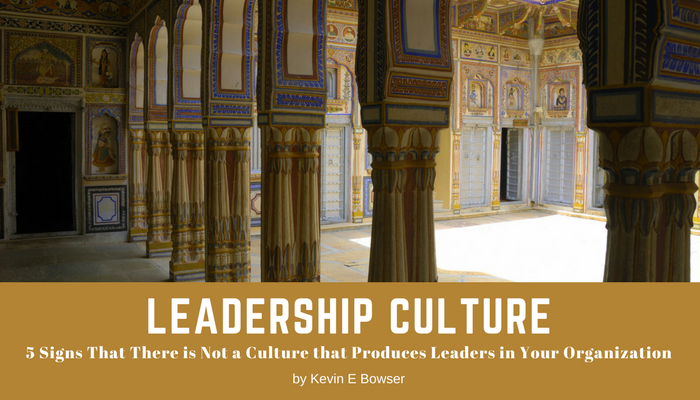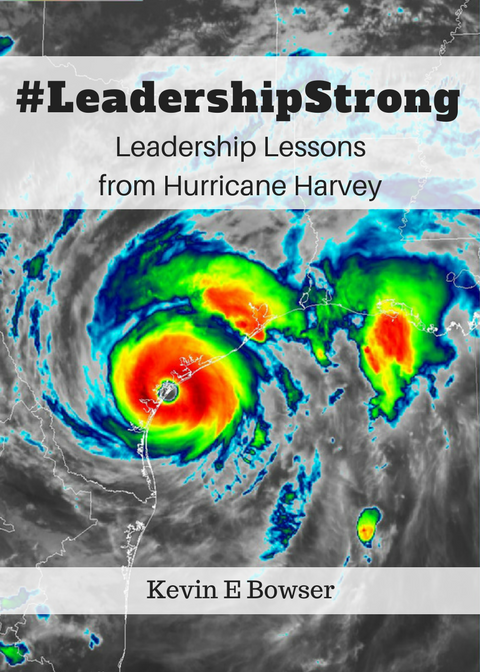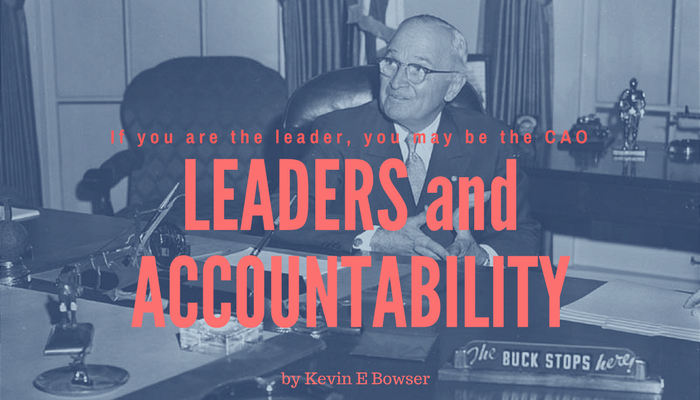The English language can be a little tricky, can’t it? You can read the title of today’s article in two ways. You can read it as an admonition to us as followers that we should encourage our leaders. And that would be a great admonition and that would be a great article.
However, my purpose today is to view it from the obverse perspective. I want to admonish the leaders among us that we should be “encouragers” to those around us. And who doesn’t need a little encouragement?
Am I supposed to do that?
One of the most important tasks of a leader is to encourage his followers. Leaders often have to lead in the midst of difficult times and through tough circumstances. These times and circumstances weigh heavily on our team. And one of the things to which they will look to their leaders for is some form of encouragement.
Are you an encourager?
Do you build your team up? Do you take pro-active steps to speak positive words to your team as they struggle with the tasks that you have given them? Or are you demeaning and demanding? When your team sees you approaching are they looking forward to what you are about to say? Or do they feel a sense of dread and foreboding in your presence and turn the other way and suddenly look too busy to speak to you?
If I were to make a list of those who need encouragement from me, as a father, I need to look no farther than my own home. It seems to me that daily life today is an assault on one’s self-esteem and confidence. Our kids’ schools are not very affirming to those who are not part of the “In” crowd. And, unfortunately, many of our churches are not much better. Many churches have the same “caste society” that the world employs. And if you are not part of the Worship Team or friends with the pastoral staff then you can go largely unnoticed. And our jobs have become so competitive in this still struggling economy that you may not find much encouragement there.
What is the Leadership Lesson?
Click here to read the rest of the article »











